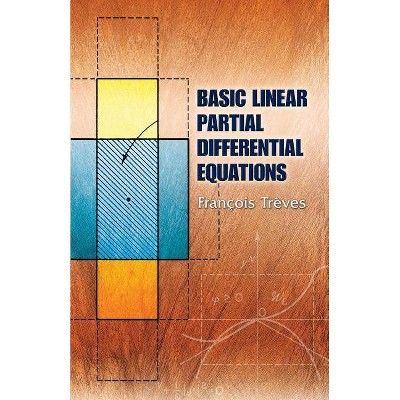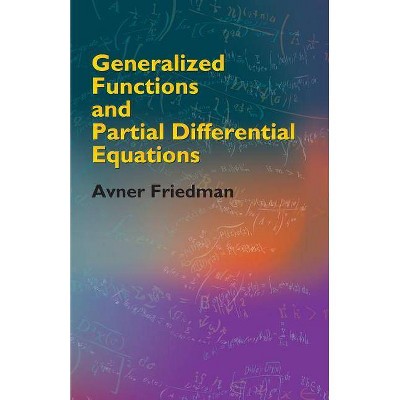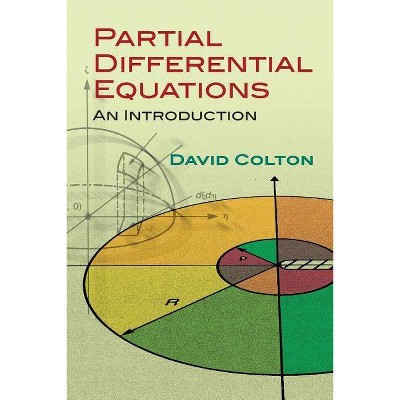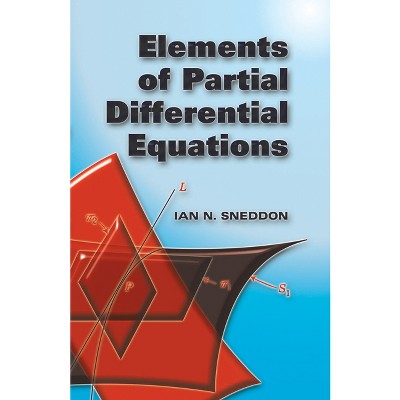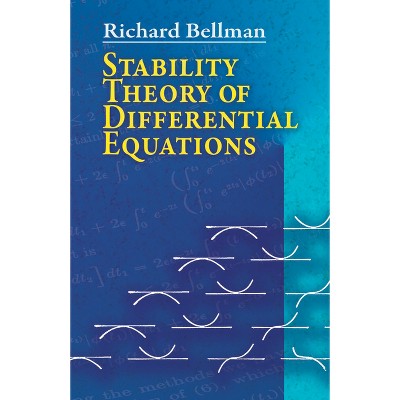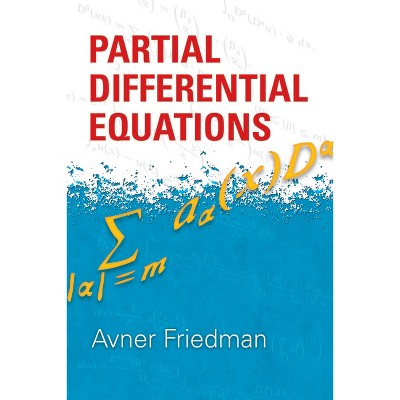Partial Differential Equations and Solitary Waves Theory - (Nonlinear Physical Science) by Abdul-Majid Wazwaz (Hardcover)

About this item
Highlights
- "Partial Differential Equations and Solitary Waves Theory" is a self-contained book divided into two parts: Part I is a coherent survey bringing together newly developed methods for solving PDEs.
- Author(s): Abdul-Majid Wazwaz
- 700 Pages
- Mathematics, Applied
- Series Name: Nonlinear Physical Science
Description
About the Book
This self-contained book is divided into two parts. Part I is a coherent survey of newly-developed methods for solving Partial Differential Equations. Part II provides an extensive exposition of the solitary waves theory.
Book Synopsis
"Partial Differential Equations and Solitary Waves Theory" is a self-contained book divided into two parts: Part I is a coherent survey bringing together newly developed methods for solving PDEs. While some traditional techniques are presented, this part does not require thorough understanding of abstract theories or compact concepts. Well-selected worked examples and exercises shall guide the reader through the text. Part II provides an extensive exposition of the solitary waves theory. This part handles nonlinear evolution equations by methods such as Hirota's bilinear method or the tanh-coth method. A self-contained treatment is presented to discuss complete integrability of a wide class of nonlinear equations. This part presents in an accessible manner a systematic presentation of solitons, multi-soliton solutions, kinks, peakons, cuspons, and compactons.
While the whole book can be used as a text for advanced undergraduate and graduate students in applied mathematics, physics and engineering, Part II will be most useful for graduate students and researchers in mathematics, engineering, and other related fields.
Dr. Abdul-Majid Wazwaz is a Professor of Mathematics at Saint Xavier University, Chicago, Illinois, USA.
Review Quotes
From the reviews:
"This book is devoted to the study of classical and new methods for solving partial differential equations (linear and nonlinear). ... It can be read by undergraduate and graduate students. ... will be also very useful for researchers in applied mathematics and engineering because it suggests new and powerful techniques avoiding discretization and linearization I warmly recommend this reference book for its simplicity and its rigour." (Yves Cherruault, Zentralblatt MATH, Vol. 1175, 2010)





